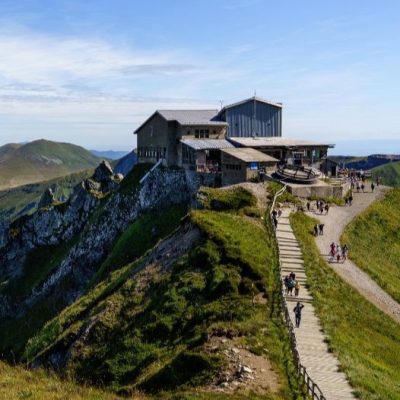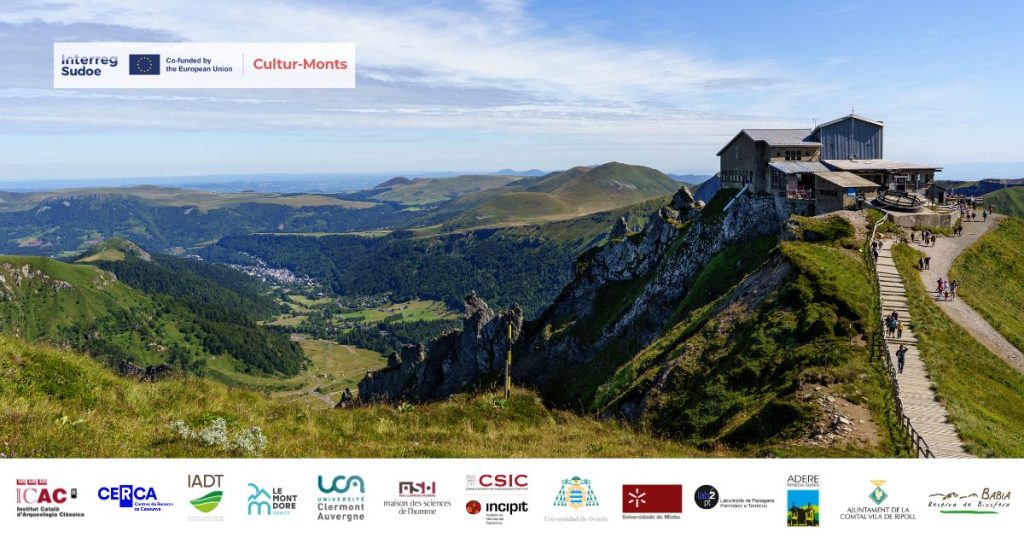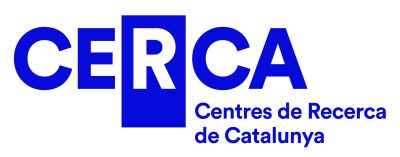
From 13 to 16 October, the fourth working meeting of the CulturMonts project takes place in Le Mont-Dore, located in the department of Puy-de-Dôme (France).
During these days, the CulturMonts international team will combine the internal work sessions of the 3 WGs with field trips to discover the tangible and intangible heritage of the Massif du Sancy and the archaeological remains from the Roman period in the municipality of Le Mont-Dore. The field visits will focus on water, stone and pastoralism themes.
The meeting aims to learn in detail about the characteristics of the mountain cultural landscapes of the French Massif Central pilot window, which will work in the Sancy and Lozère areas.
The conference program focuses on methodologies for enhancing a unique heritage such as the ‘tras’, linked to livestock farming in the mid-mountains and the production of the famous Saint-Nectaire cheese. As well as on the ways of heritage enhancement of the thermal archaeology of Le Mont-Dore, characterised by monumental remains from the Roman period scattered throughout the various buildings and sites of the municipality.

The Institut d’Auvergne-Rhône-Alpes du Développement des Terrtitoires (IADT) and the Maison des Sciences de l’Homme (MSH), linked to the Université Clermont-Auvergne (UCA), together with the Mairie du Mont-Dore, beneficiary partners of the project, are the organisers of the meeting.
Everything is ready for the discovery of the cultural landscapes of the Puy-de-Dôme! You can consult the detailed programme here.
Follow the day-to-day updates of the event and all the latest news about the project on social media.

About the Catalan Institute of Classical Archaeology (ICAC-CERCA)
The Catalan Institute of Classical Archaeology (ICAC-CERCA) is a CERCA center established as a consortium in 2003 by the Government of Catalonia and the Rovira i Virgili University. It is a Catalan institution with an international scope, at the forefront of research and conservation of archaeological heritage. Its headquarters are located in Tarragona, a city recognized as a UNESCO World Heritage Site in the year 2000. Its researchers work to understand the past through the study of archaeological remains and promote the preservation of the historical legacy. We are CERCA!
For more information, visit www.icac.cat.






